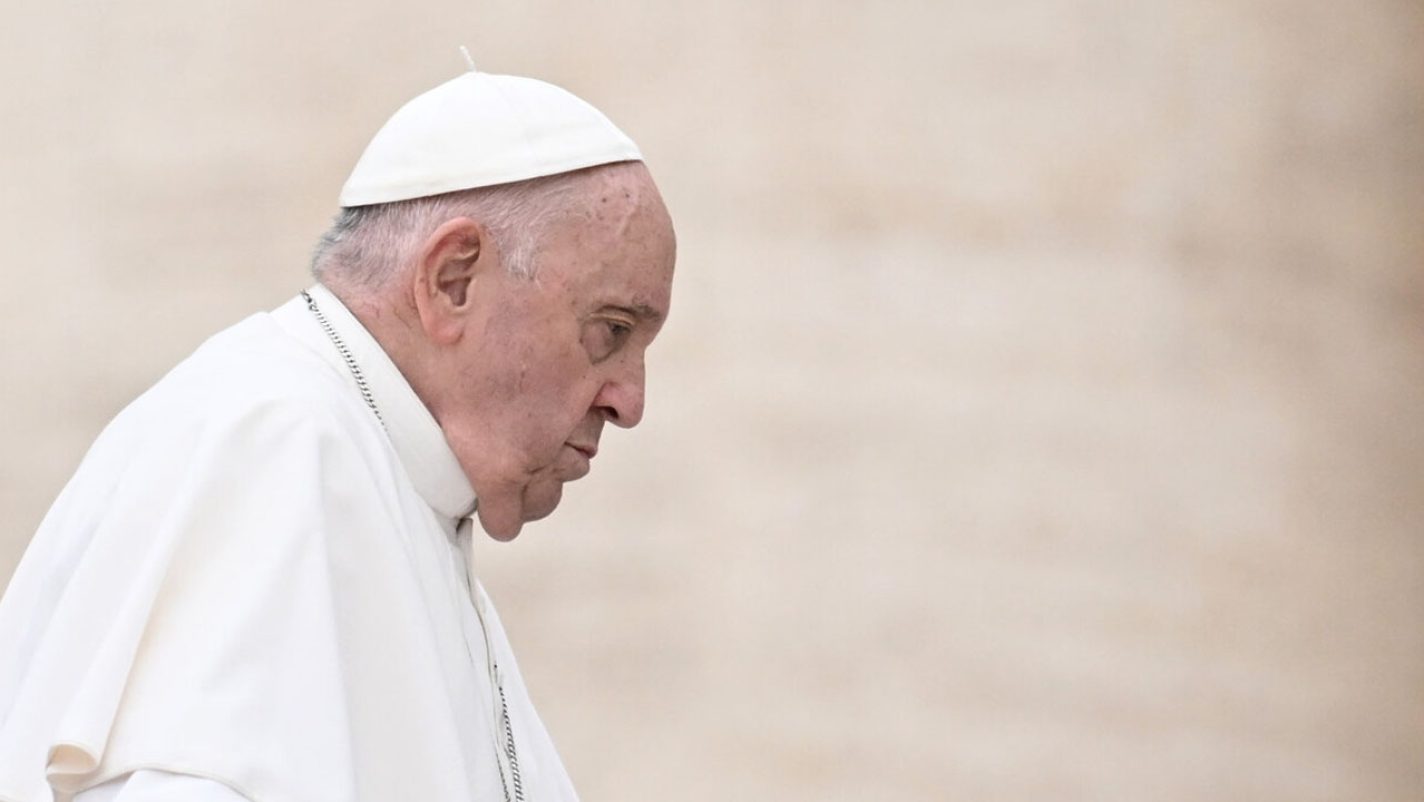By AFP
Pope Francis headed Friday to Marseille for a two-day visit focused on the Mediterranean and migration, bringing a message of tolerance amid bitter debate over how Europe manages asylum seekers.
Marseille was decked out in the yellow and white colours of the Vatican for the first visit by a pope to France’s second city for 500 years, where 100,000 people are expected to turn out to see the pontiff in his popemobile on Saturday.
The 86-year-old is visiting to take part in a meeting of Mediterranean-area Catholic bishops and young people — but his trip comes at a politically sensitive time.
A surge in migrant boats arriving from North Africa on the tiny Italian island of Lampedusa last week trigged outrage in Italy and a heated debate across Europe over how to manage the numbers.
Marseille is a historic gateway for immigrants and also home to some of the poorest neighbourhoods in Europe, many of which are plagued by drug trafficking.
The desperate conditions that cause many people to leave their homes for a new life, and the risks they take to do so, have been a key theme Francis’ decade as head of the worldwide Catholic Church.
Speaking at the Vatican on Sunday, he noted that migration “represents a challenge that is not easy… but which must be faced together”.
But he emphasised the need for “fraternity, putting human dignity and real people, especially those most in need, in first place”.
Ahead of what will be his 44th overseas trip, Francis admitted this month that papal voyages were not as easy as they used to be.
He underwent hernia surgery in June, less than two years after having colon surgery, and routinely uses a wheelchair due to a troublesome knee.
– Meeting pilgrims – Despite the decline in France of Catholicism, the once dominant faith, the pope’s visit has sparked huge enthusiasm, with almost 60,000 people expected at a mass on Saturday afternoon.
“Habemus papam” headlined regional newspaper La Provence, using the famous Latin phrase meaning “We have a pope!” used on the election of a pontiff.
For Joseph Achji, a 25-year-old Syrian Christian originally from Aleppo, the pope’s visit to Marseille is a “chance of a lifetime”.
The pope left Rome around 1245 GMT and was due to land in Marseille at 1415 GMT, to be met at the airport by French Prime Minister Elisabeth Borne.
He will head to the Basilica of Notre-Dame de la Garde, a symbolic monument overlooking the city, for a prayer with local clergy on Friday afternoon.
That will be followed by a moment of meditation with representatives of other religions in front of a memorial to sailors and migrants lost at sea.
The United Nations estimates more than 28,000 migrants who tried to cross the Mediterranean have gone missing since 2014.
After 8,500 migrants landed on Lampedusa in three days, the European Union promised more help for Rome.
But France, amid wrangling over a draft law governing migrant arrivals there, said it would not accept anyone from the island.
From the pope, “we are expecting very strong words”, said Francois Thomas, head of Marseille-based SOS Mediterranee, which operates a migrant rescue boat in the Med.
“It is our humanity that is sinking if Europe does not do something.”
– Mass with Macron – On Saturday morning, the pope will take part in the closing session of the “Mediterranean Meetings” event.
As well as migration, it will cover issues such as economic inequality and climate change — also themes close to the pope’s heart.
On Saturday afternoon, Francis will lead a mass in the Velodrome stadium, with French President Emmanuel Macron among those due to attend.
Macron’s decision to attend has sparked controversy among left-wing politicians in the officially secular country.
Some right-wing politicians have criticised the pope’s stance on migrants — but Marseille mayor Benoit Payan said the pontiff “has a universal message… of peace”.
Francky Domingo, who runs a migrant association in Marseille, said he hoped the visit would “give back a little hope” and “ease tensions at the political level”.
“Marseille is a cosmopolitan city, multicultural, multi-faith,” he told AFP, but faces “enormous difficulties”.

